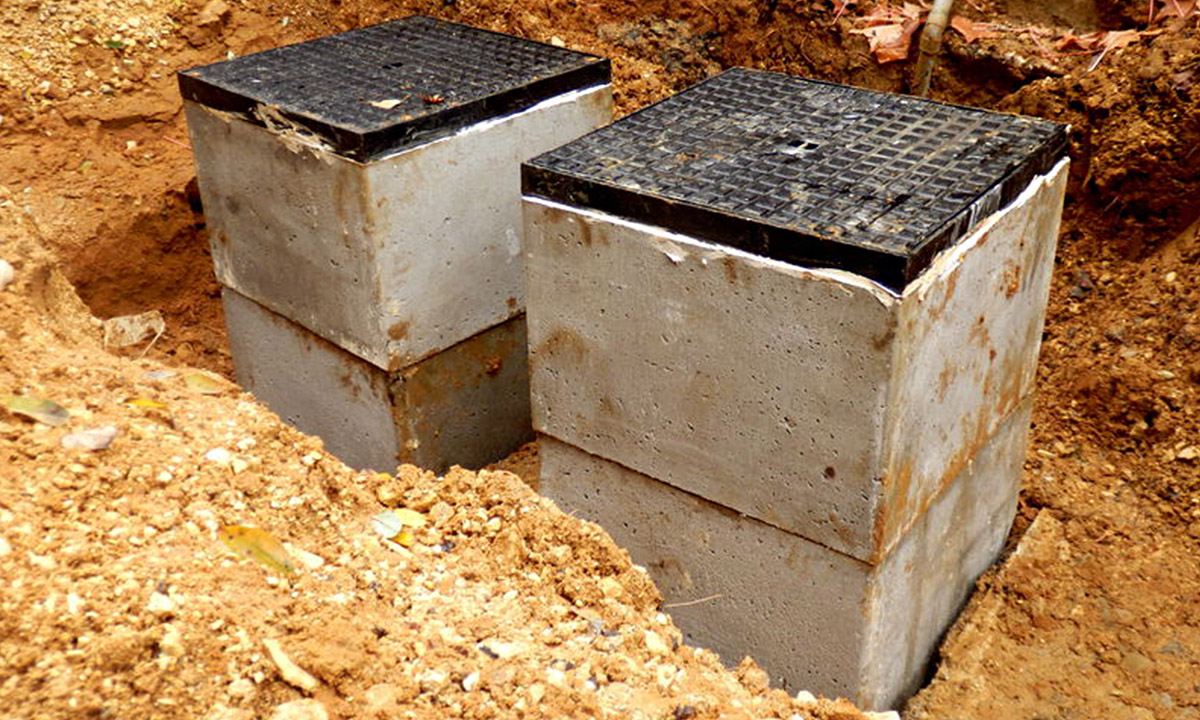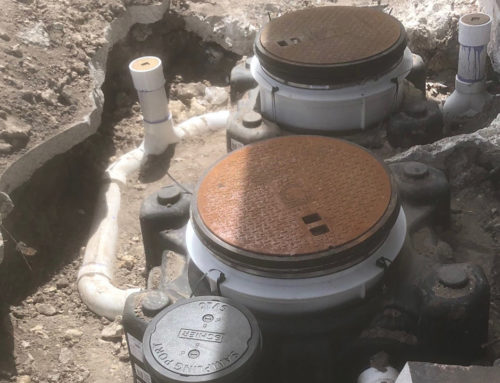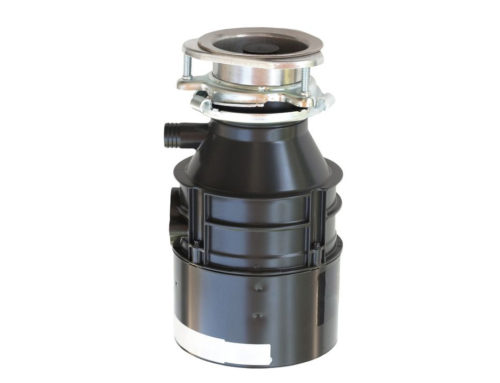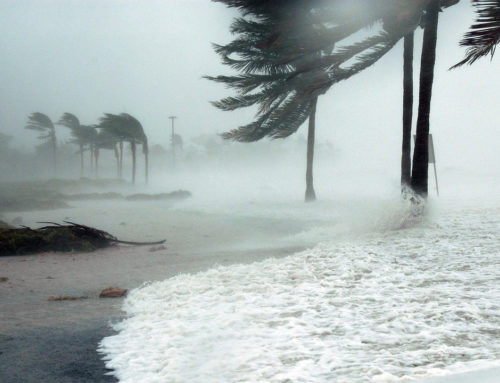Is Rainwater Overflow Bad for Your Septic System?
 Rainwater overflow can pose significant risks to your septic system, potentially compromising its functionality and lifespan. A septic system is designed to handle a specific volume of wastewater generated by your household. When rainwater infiltrates the system, whether through surface runoff or improper drainage, it can lead to a host of problems, ranging from mild inefficiencies to severe damage that requires costly repairs.
Rainwater overflow can pose significant risks to your septic system, potentially compromising its functionality and lifespan. A septic system is designed to handle a specific volume of wastewater generated by your household. When rainwater infiltrates the system, whether through surface runoff or improper drainage, it can lead to a host of problems, ranging from mild inefficiencies to severe damage that requires costly repairs.
How Rainwater Affects Septic Systems
A septic system consists of a septic tank and a drain field (also known as a leach field). The tank separates solid waste from liquid effluent, which then flows into the drain field for natural filtration. Excessive rainwater entering this system can disrupt its balance in several ways:
- Tank Overload: When rainwater seeps into the septic tank, it adds volume beyond what the system is designed to handle. This can cause untreated wastewater to flow into the drain field prematurely, potentially contaminating the soil and groundwater.
- Drain Field Saturation: Rainwater can oversaturate the drain field, reducing its ability to absorb and treat effluent properly. A waterlogged drain field is less effective at filtering contaminants, leading to potential health hazards and environmental issues.
- Backups and Overflows: When the system becomes overwhelmed, sewage may back up into your home or overflow onto the ground. This creates unsanitary conditions and can be costly to clean up.
- Structural Damage: Prolonged exposure to excessive water can weaken the structural integrity of the septic tank and associated pipes, increasing the likelihood of cracks or leaks.
Common Causes of Rainwater Infiltration
Several factors contribute to rainwater entering a septic system:
- Poor Drainage: Improper grading or drainage around the septic system can cause rainwater to collect and infiltrate the system.
- Damaged or Cracked Lids: Septic tank lids that are cracked or improperly sealed allow rainwater to enter directly.
- Blocked Gutters and Downspouts: When gutters and downspouts are not adequately maintained, they can direct rainwater toward the septic system.
- High Water Table: In areas with high water tables, heavy rains can saturate the ground, increasing the likelihood of rainwater entering the system.
Preventing Rainwater Overflow
To protect your septic system from the adverse effects of rainwater overflow, consider the following measures:
- Maintain Proper Grading: Ensure that the ground around your septic system slopes away to prevent water pooling.
- Inspect and Repair Lids: Regularly check your septic tank lid for cracks or gaps and seal them appropriately.
- Divert Rainwater: Install gutters, downspouts, and French drains to channel rainwater away from your septic system.
- Limit Water Usage During Storms: During heavy rains, reduce water usage in your household to avoid overloading the system.
- Regular Inspections: Schedule periodic inspections and pumping of your septic system to maintain its functionality and address potential issues early.
Rainwater overflow is indeed bad for your septic system. It can lead to overloading, backups, and environmental contamination, all of which can be costly and hazardous. By understanding the risks and implementing preventive measures, you can safeguard your septic system against the challenges posed by excessive rainwater. Regular maintenance and proactive management are key to ensuring your septic system remains efficient and reliable for years to come.
Find out more about what will destroy a septic tank.




